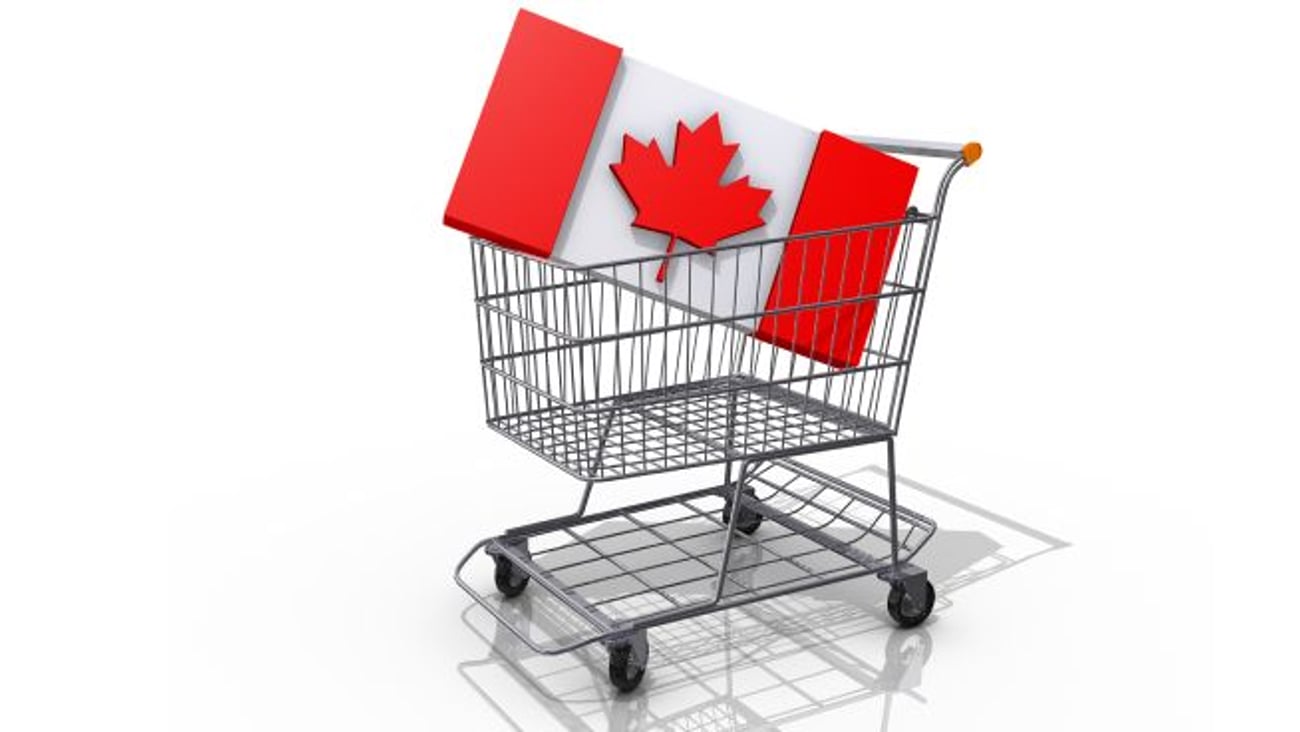Costco membership fees to rise, but most won't mind
Costco is raising its membership fees for the first time since 2017. After months of speculation, the wholesale giant has confirmed the increase. Effective September 1, the cost for "Gold Star" and business memberships will rise by $5 to $65. Executive members will see their fees increase from $120 to $130. Announced this week, these increases represent about an 8.5% hike, with no further rises anticipated for several years.
In addition to membership fee hikes, Costco is also raising its starting salaries by $1.00 per hour this fall. Salaries and benefits at Costco are considered among the best in the industry, reflecting the company's commitment to its workforce.
Canada boasts over 5 million Costco members. Millions of Canadians willingly pay for the privilege of shopping at Costco, a testament to the chain's appeal. The first Canadian Costco opened in Burnaby in 1983, and now there are 109 stores nationwide, with more expected to open in the coming years.
Membership fees are crucial to Costco's financial health. In the last fiscal year, Costco's net profits were approximately $7.1 billion USD, with a significant portion coming from membership fees. While Costco does earn profits from merchandise sales, the bulk of its profits stem from these fees. Only members can shop at Costco, except for its in-store pharmacy. As a result, Costco shares, currently valued at around $890, may see a boost in the coming weeks.
As a food retailer, Costco has significantly improved its offerings in recent years. The company now processes more food onsite, including meat cuts, salads, seafood, and pasta-based dishes, enhancing freshness. Many bakery items are also baked onsite. The Kirkland brand, introduced in 1995, has become a cornerstone of Costco's success, offering high-quality private-label products. Despite its restrictive SKU model, which limits selection compared to other grocers, Costco has made it easier to find local products in the fresh food section.
Costco is renowned for its best deals, including the $1.50 hot dog-soda combo and the $7.99 rotisserie chicken, both of which have achieved legendary status. The company's approach is understated and methodical; it simply implements new initiatives without fanfare. This includes ventures into home delivery and the expansion of the Kirkland brand, all executed without an advertising budget.
Unlike other grocers, Costco operates as a wholesaler, carrying about 4,000 different products at any given time. This focused selection allows Costco to rigorously screen each product for quality and price, ensuring members receive the best value and helping consumers avoid choice paralysis.
Coupled with Canada’s car-focused economy, Costco's success in adapting and offering what consumers and small businesses need is undeniable. As a food retailer and wholesaler, Costco now sells almost as much food as Walmart and Metro in Canada—a remarkable achievement since its Canadian debut over 40 years ago. And remember, both Walmart Canada and Metro operate over 400 stores each, in contrast to Costco’s 109 locations. Bulk is king for many.
While membership fees are increasing for the first time in seven years, most members are unlikely to mind, and Costco knows this well.






